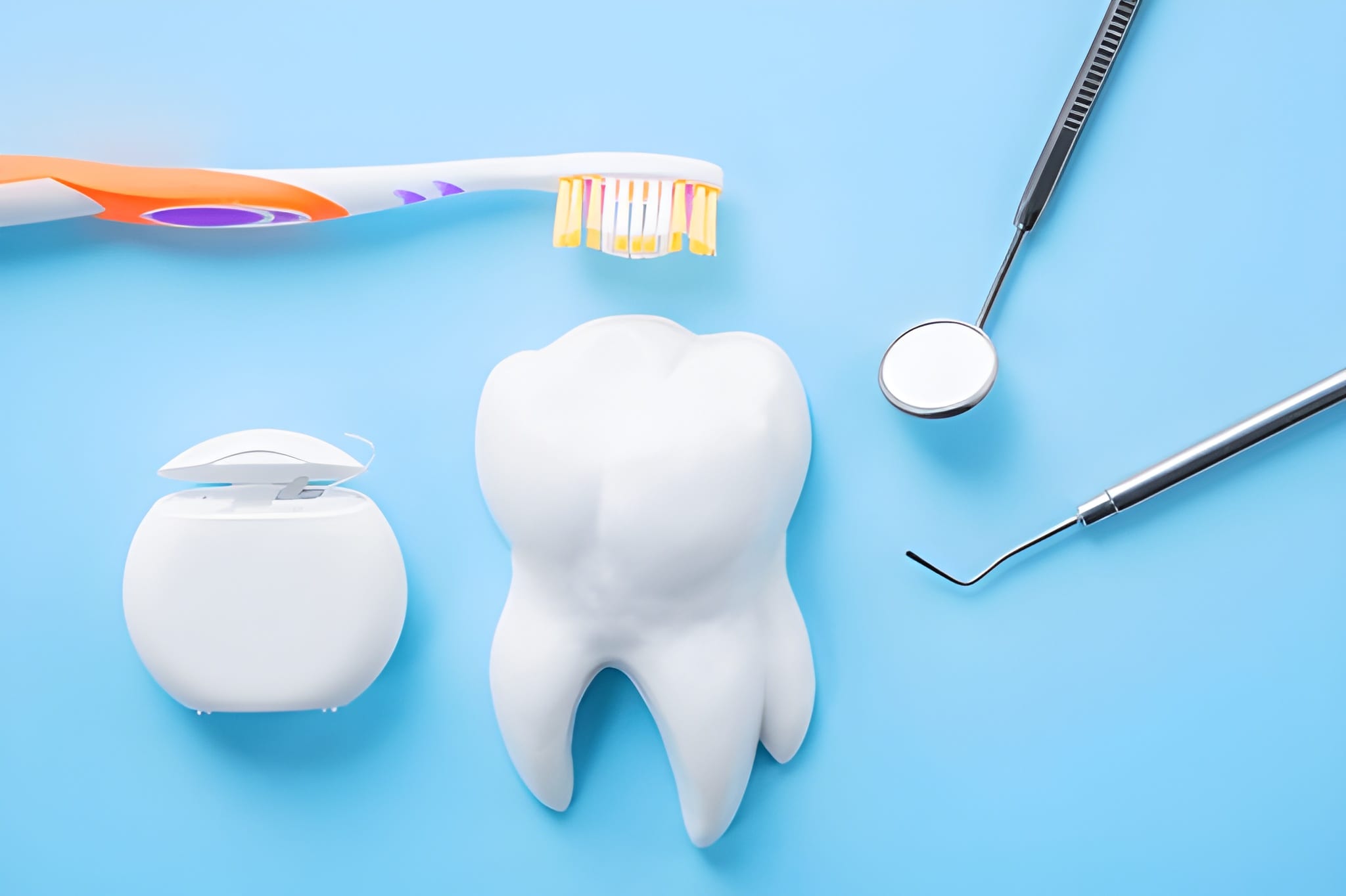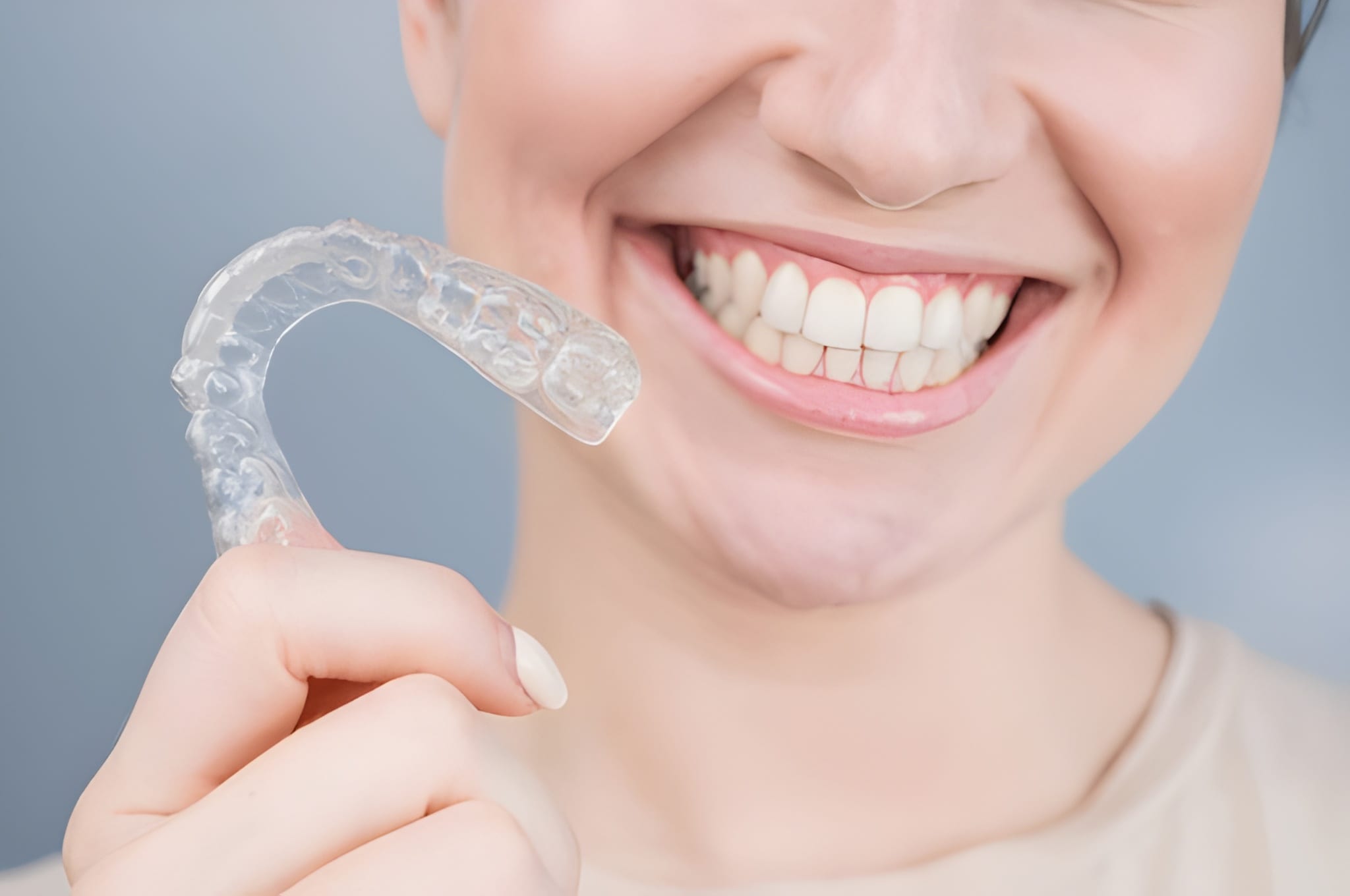Introduction
Your smile is a powerful asset, influencing not only your appearance but also your confidence and overall well-being. Are Dental Implants Permanent? For individuals grappling with tooth loss, dental implants have emerged as a revolutionary solution, providing a natural-looking and functional alternative. The question on many minds, however, is whether dental implants are truly permanent. In this article, we delve into the intricacies of dental implants to explore their longevity and the impact they can have on your smile.
Understanding Dental Implants
Dental implants are prosthetic teeth roots surgically implanted into the jawbone, serving as a stable foundation for replacement teeth. Composed of biocompatible materials such as titanium, these implants fuse with the jawbone over time, creating a durable and secure anchor for the attached artificial teeth. The visible part of the implant is the crown, which is custom-made to match the color, shape, and size of your natural teeth.
Are Dental Implants Permanent?
One of the key factors that make dental implants stand out is their remarkable longevity. Unlike traditional dental solutions like dentures or bridges, which may need periodic adjustments or replacements, dental implants have the potential to last a lifetime. The fusion of the implant with the jawbone, known as osseointegration, provides unparalleled stability and durability.
Osseointegration: The Foundation of Permanence
Osseointegration is a crucial process in the success and permanence of dental implants. It involves the direct structural and functional connection between living bone and the implant’s surface. This integration ensures that the implant becomes a natural part of your jawbone, mimicking the stability of a natural tooth root. The strength of this bond is what contributes to the long-term success of dental implants.
Factors Influencing Permanence
While dental implants are designed to be a permanent solution, their longevity can be influenced by various factors. Proper oral hygiene, regular dental check-ups, and lifestyle choices all play a role in maintaining the health of the implant and surrounding tissues. Additionally, factors such as smoking, certain medical conditions, and poor bone quality can impact the success and durability of dental implants.
Maintenance and Care
To maximize the permanence of dental implants, it’s essential to adhere to a stringent oral hygiene routine. Regular brushing, flossing, and professional cleanings help prevent complications such as gum disease, which could jeopardize the stability of the implant. Dentists may also recommend periodic assessments to ensure the implants and surrounding structures remain in optimal condition.
Advancements in Dental Implant Technology
The field of dental implantology has witnessed continuous advancements, enhancing the durability and success rates of dental implants. Innovations in implant materials, surface coatings, and surgical techniques have played a pivotal role in ensuring the long-term viability of these prosthetic teeth roots.
Titanium, the material commonly used for dental implants, has proven to be highly biocompatible, reducing the risk of rejection by the body. Researchers are continually exploring new materials and coatings that not only promote osseointegration but also resist bacterial colonization, further safeguarding the longevity of dental implants.
In recent years, computer-aided design and manufacturing (CAD/CAM) have revolutionized the precision and customization of dental implants. This technology allows for the creation of implants tailored to the unique anatomy of each patient, optimizing the fit and functionality. The precise fit, in turn, contributes to the stability and long-term success of the implant.
Addressing Challenges and Complications
While dental implants boast an impressive success rate, challenges and complications can arise. Recognizing and addressing these issues promptly is crucial to maintaining the permanence of the implant. Common complications may include peri-implantitis, a condition akin to gum disease that affects the tissues surrounding the implant.

Regular dental check-ups play a crucial role in early detection and intervention. Dentists can assess the health of the implant, perform necessary cleanings, and provide guidance on maintaining optimal oral hygiene. In cases where complications arise, timely intervention can often resolve issues and preserve the longevity of the implant.
The Role of Patient Habits
Beyond the technical aspects of dental implantology, patient habits, and lifestyle choices also play a significant role in the permanence of dental implants. Smoking, for instance, has been identified as a risk factor for implant failure, as it can impede proper healing and increase the likelihood of complications.
Maintaining a healthy lifestyle, including a balanced diet and regular exercise, contributes not only to overall well-being but also to the success of dental implants. A holistic approach to health can positively impact the body’s ability to heal and adapt to the presence of dental implants.
Looking Ahead: Future Perspectives on Dental Implants
As research in dental implantology continues to evolve, future innovations hold the promise of further enhancing the permanence and performance of dental implants. Biotechnological advancements, such as tissue engineering and regenerative therapies, may offer new avenues for promoting optimal healing and integration of implants.
Moreover, ongoing research into the microbiome of the oral cavity aims to better understand the complex interactions between oral bacteria and dental implants. This knowledge could lead to targeted approaches in preventing and managing complications, ensuring the long-term success of these prosthetic solutions.
The Psychological Impact of Permanent Solutions
Beyond the physical benefits, the permanence of dental implants has profound psychological implications. Dealing with tooth loss can often lead to a loss of self-esteem and confidence. Traditional removable dentures, while functional, can sometimes be a source of discomfort and insecurity. The permanence of dental implants not only restores the functionality of natural teeth but also provides a sense of stability and confidence that can be transformative.
Patients with dental implants often report a significant improvement in their quality of life. The ability to eat, speak, and smile without worrying about the stability of their teeth contributes to a positive self-image. This psychological well-being extends beyond the individual to impact social interactions, relationships, and even professional confidence.
Aesthetic Considerations
Dental implants are not merely functional; they also offer a natural and aesthetically pleasing solution to tooth loss. The customization options available in implant dentistry allow for the creation of replacement teeth that seamlessly blend with the natural dentition. The result is a smile that not only functions optimally but also looks and feels remarkably natural.
The aesthetic aspect of dental implants is a crucial factor in their permanence. Patients are more likely to care for and maintain their implants when they are satisfied with the appearance of their smile. This satisfaction contributes to the long-term success of the implants, as patients are motivated to adhere to recommended oral hygiene practices and follow-up care.
Global Impact and Accessibility
As dental implant technology continues to advance, efforts are being made to improve accessibility to this transformative solution on a global scale. Research and development initiatives are focused not only on refining existing techniques but also on making dental implants more cost-effective and accessible to a broader population.
The global impact of permanent dental solutions goes beyond individual smiles. It contributes to improved oral health on a societal level, reducing the prevalence of tooth loss and its associated challenges. Accessible dental implant solutions empower individuals worldwide to reclaim their smiles and, by extension, their overall well-being.
Conclusion
In the quest for a lasting solution to tooth loss, dental implants emerge as a beacon of hope. Their ability to provide a stable and permanent foundation for replacement teeth has transformed the lives of countless individuals, restoring not only their smiles but also their confidence. While the permanence of dental implants is subject to various factors, proper care and maintenance significantly contribute to their long-term success. As dental professionals continue to refine techniques and materials, the future holds even greater promise for those seeking a permanent solution to the age-old challenge of tooth loss. Your smile is our top priority, and with dental implants, it can be a priority that lasts a lifetime.





